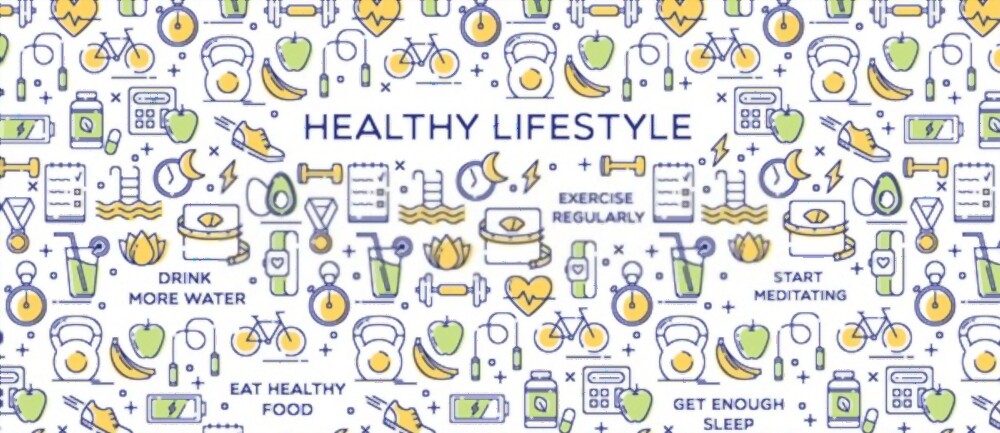Are Supplements Worth the Hype
Supplements come in many forms and are designed to give consumers a balanced diet or enriched with nutrients that are often lacking. However, an astonishing finding based on the worldwide population was that the fruit and vegetable intake rates have drastically reduced, and a suitable alternative to this is the consumption of supplements.
Natural foods usually contain all the essential nutrients needed for the body’s growth and functioning; replacing fruits and vegetables is not considered ideal in the long run.
For instance, phytochemicals, several types of antioxidants, and fiber which are plant sources, naturally eliminate the risk of non-communicable diseases and are only available through the diet, not in the form of supplements. In addition, no vitamin or mineral supplement contains these bioactive compounds.
Another example is whole foods, which typically contain vitamins and minerals. Vitamin E is present in 8 different forms and is available in the diet; however, the supplementation of Vitamin E consists of only one state (1).
Form of Supplements and their Benefits
There have been discrepancies in whether supplements in the form of dissolvable tablets, powders, and capsules are considered beneficial. However, to date, there has not been any conclusive evidence to demonstrate any effects on overall health, nutritional status, and disease management.
Overall, after thoroughly analyzing the evidence from randomized control trials, supplements have no benefits in reducing the risk of non-communicable diseases like cancer and type 2 diabetes in healthy people (2).
The recent trends on social media especially adopt these norms and lead to unhealthy modifications in people’s lifestyles and behavior by falsely advertising brands of supplements as a replacement for certain types of foods. Replacing supplements with some foods is unhealthy as some vitamins accumulate in the body, which may lead to complications (3).
Research suggests that the general population does not require supplements if the daily diet contains the needed nutrients in the desired proportions. The food consumed is already fortified with minerals like folic acid, iodine, calcium, and thiamine, so supplements should not be encouraged unless necessary.
The rationale for needing supplements is to improvise healthy eating patterns and productivity, boost immunity, restore lost nutrients, and prevent the risk of diseases is valid. However, it has been encouraged by unhealthy eating habits and behavior over the past decade (4).
Evidence-based Research on Supplementation
Recent research established that micronutrients like Vitamin A and K, zinc, calcium, and magnesium were all associated with a lower risk of early death, but only when taken through the diet.
Some supplements brought about the risk of elevated chronic diseases. For example, people who consumed a higher dose of calcium supplements had a 53% higher risk of dying from cancer than people who did not consume supplements (5). On the other hand, excess calcium taken up through daily food did not come with any risk factors leading to diseases.
This suggests the importance of maintaining a balanced diet enriched with all the essential nutrients rather than resorting to supplements due to poor eating habits. Most dietary supplements are considered safe if consumed within the prescribed amounts.
However, large doses of certain nutrients can prove fatal. Serious side effects can occur if there has been a case of an overdose, combined usage of 2 or more supplements, or consumption of certain supplements along with other medication (6).
Deadly effects are only noticed in the long run and not immediately, and supplements have proven to impact and hamper the overall nutritional status of an individual, directly affecting their lifestyle and behavior. Furthermore, vitamins and minerals like vitamins A and D and iron contain active ingredients that could have severe biological effects if consumed excessively.
Diseases have been marked by the elevated or exceeded consumption of unhealthy foods than by a micronutrient deficiency. These chronic and lifestyle diseases are usually multifactorial, where diet and several nutrients play a huge role; still, the exclusive use of supplements is doubtful to improve the situation (7).
Consumption of dietary-based supplements usually depends upon the quality and quantity of the specific nutrient present, determining whether it could produce desirable effects. Supplements should be checked by a healthcare provider (nutritionist or dietitian), and check-ups should be done every six months to ensure an individual's health status is on track.
The consumption of supplements due to not consuming a balanced diet can be detrimental and is suggested by healthcare professionals only when there is a deficiency. Despite their widespread use, there exists no evidence of reduced risk of diseases or changes in lifestyle.
According to a recent study, many consumers have switched to supplements instead of healthy food to reduce weight and are actively involved in weight loss programs which usually produce undesirable health effects. The outcome is typically the opposite of their original intent.
The Population that Benefits from Supplements
The only proven importance of supplements can be observed in the frail or older population and pregnant and lactating women who struggle to obtain all the nutrients from their diet. Older adults resort to supplements as the bioavailability of nutrients decreases with age, and their nutrient intake reduces due to a health condition.
Some of them have conditions requiring additional sources, such as dietary restrictions limiting them to certain foods due to any underlying health issue where supplements are a boon (8).
For pregnant women, folic acid supplementation is necessary for the fetus's healthy development, preventing complications like neural tube defects after birth. Vitamin D supplementation is essential for breastfeeding infants (9).
Hence, in differences in ethnic groups or people with naturally low nutrient intake through the diet, supplements may be considered more effective in reducing the risk of diseases.
Bottom Line
Given the elaborative shreds of evidence, the population needs to change its mindset. With the kind of diets followed lately, such as ketogenic, vegan, and paleolithic, it is crucial to have an evaluation system to monitor the effects of supplements.
The misconception of replacing food with supplements can soon become dreadful as scientific evidence shows no positive in improving health or lifestyle status. The consumption of fruits, vegetables, whole grains, and lean meat should be encouraged across all populations considering the recommended allowances for each age group and health condition.
Supplements are advised in limited proportions only for a medical deficiency or other health condition.
In most cases among the general population, diets usually lack vitamins and minerals. It is recommended to alter the diet and lifestyle in such a scenario. It is a fact that vitamin and mineral supplements cannot replace a healthy diet, but only when the diet is inadequate or a well-supported rationale exists.
By: Aashna Kundra Nutritionist









Comments (0)